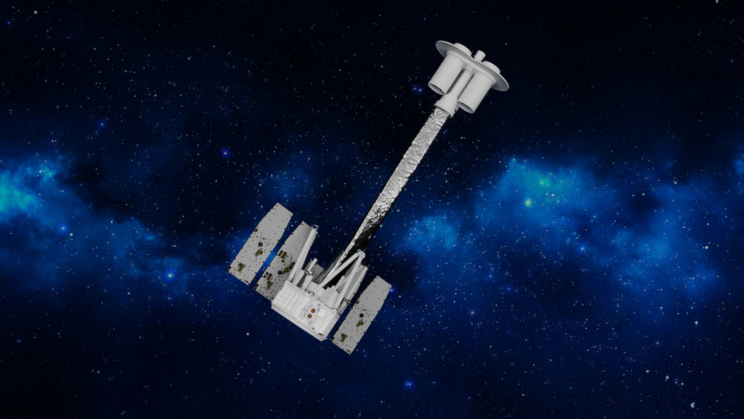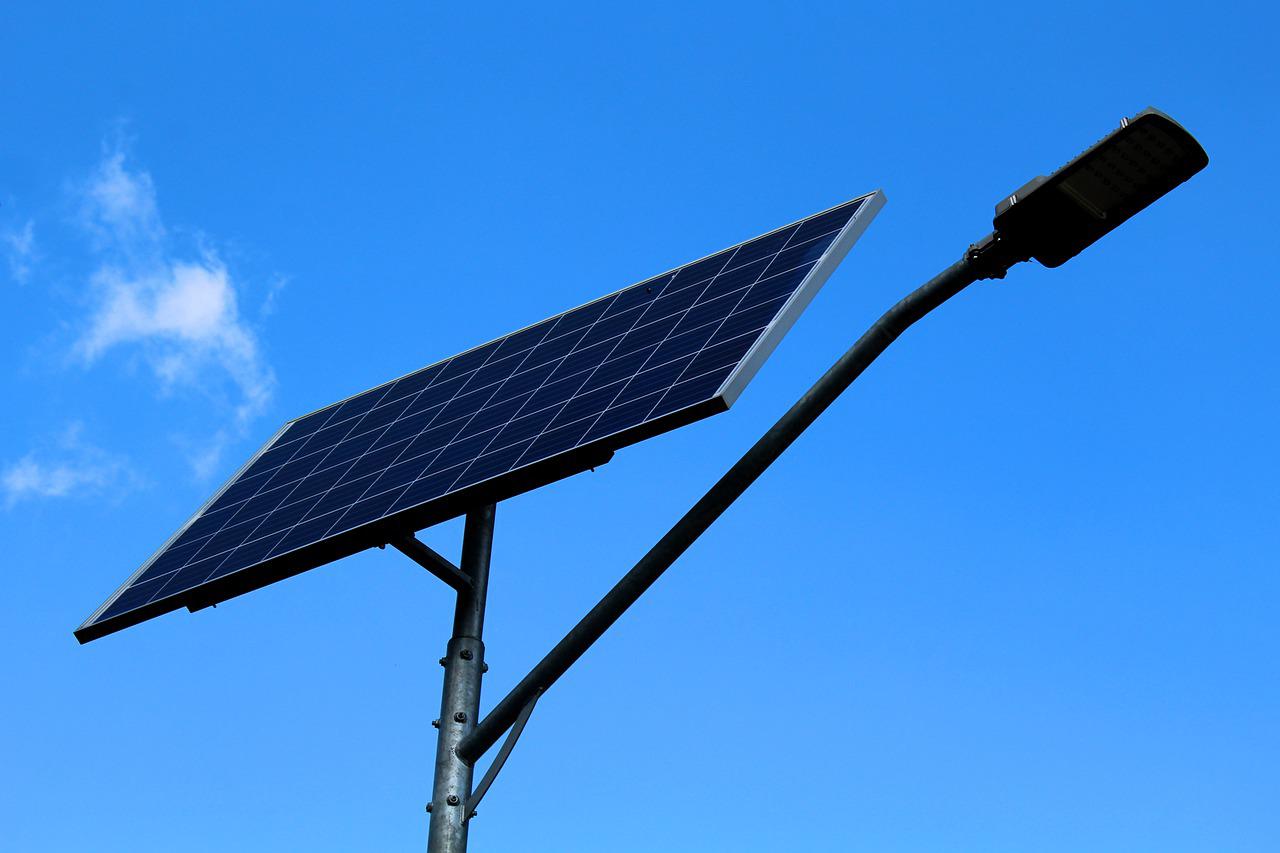Searching for an Alternative to Fossil Fuel-Powered Vehicles
Hydrogen-powered cars use hydrogen as fuel to produce electric energy; 90% of this energy is converted to electric energy to power the vehicle, making hydrogen significantly more energy efficient than fossil fuel-powered cars. While hydrogen is efficient and clean, the process of extracting it from the ground is now done by fracking, which produces significant greenhouse gas emissions.
Some people believe and have attempted to prove that unmodified automobile gas engines can run 100% on hydrogen/HHO gas derived from water. (see video below)
Hydrogen cars have been available from a variety of manufacturers for about a decade, with many rolling out concept cars and prototypes to see what gets consumers excited. In fact, hydrogen-powered cars are now beginning to get some traction and are well on their way to hitting the mainstream in the next decade.
The last three American presidents, including Barack Obama, have put forward initiatives to help promote hydrogen-powered vehicles. The Europeans, Japanese and Chinese have all been in the game and are developing their technologies.
Honda has developed a hydrogen-powered car certified by the California Air Resources Board and the Environmental Protection Agency (EPA). Honda’s car is capable of 220 miles before needing refueling. Mercedes has its own A-Class hydrogen-powered car available in the US and Europe. Boeing created the Phantom Eye UAV and Ford Motor Company has converted its internal combustion engines to run on hydrogen.
Adoption of hydrogen-powered vehicles has been most successful in city bus fleets around the world and motorcycles powered by hydrogen fuel cells, include the Crosscage and BiPlane. And finally, Boeing has tested small manned aircraft powered by hydrogen fuel cells.
Lack of Hydrogen Infrastructure Holding Back Wider Adoption
Just as the lack of electric power charging stations is holding back a wider adoption of electric cars, hydrogen-powered cars will need an infrastructure, which will be expensive to build.
Related articles on IndustryTap:
- ‘Salt Water’ Powered Supercar Faster Than a McLaren P1, Given Approval For European Roads
- New Possibilities for Splitting H2O Turn Water into Hydrogen
- Portable Hydrogen Fuel Cell Unit to Clean Up Port of Honolulu
References and related content:






